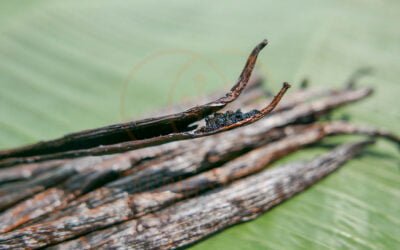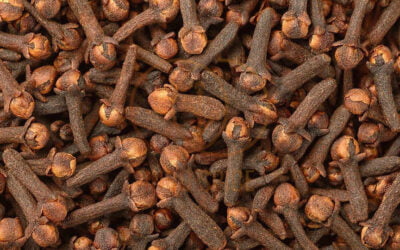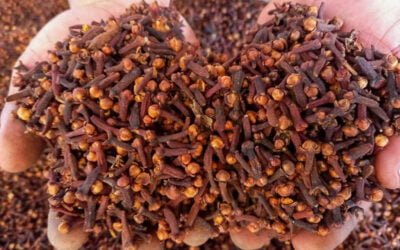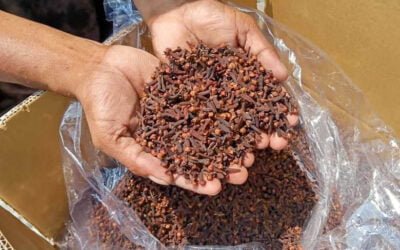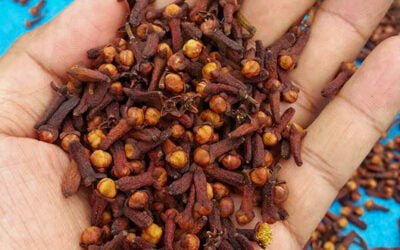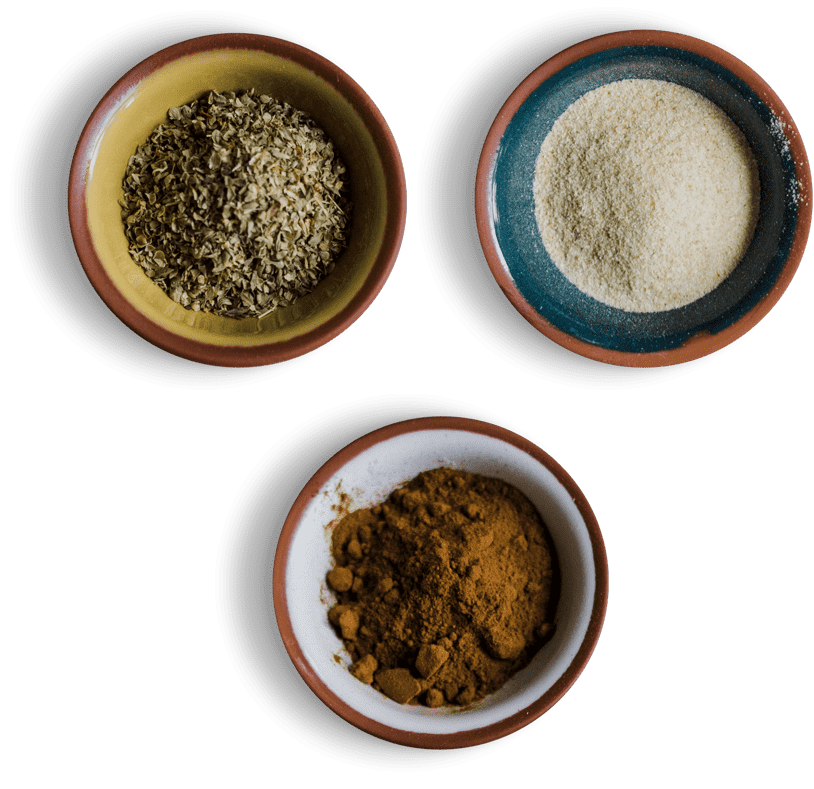Welcome to our comprehensive guide on clove trees! In this article, we’ll delve into everything you need to know about cultivating and benefiting from these aromatic wonders. Whether you’re a seasoned gardener or just starting your journey, our in-depth exploration of clove trees will equip you with the knowledge to succeed.
Table of Contents
Introduction to Clove Trees
Clove trees (Syzygium aromaticum) are renowned for their aromatic spice, clove, which is derived from the dried flower buds. Native to the Maluku Islands in Indonesia, these evergreen trees have been cherished for centuries due to their culinary, medicinal, and aromatic properties.
Cultivation and Care
Choosing the Right Location
To successfully cultivate clove trees, selecting the ideal location is crucial. Opt for a spot with well-draining soil and partial to full sunlight. These trees thrive in tropical and subtropical climates, where they can enjoy warmth and humidity.
Planting Process
- Soil Preparation: Prepare the planting area by loosening the soil and incorporating organic matter. This will enhance drainage and provide essential nutrients.
- Propagation: Clove trees can be propagated from seeds or cuttings. Seeds should be planted in a well-draining potting mix, while cuttings should be taken from healthy, mature trees and rooted in a rooting hormone.
- Planting Depth: When planting seeds, ensure they are planted just below the soil surface. For cuttings, plant them deep enough to support stability.
Growth and Pruning
As your clove tree grows, regular pruning is essential to maintain its shape and encourage optimal growth. Prune away dead or diseased branches, and consider shaping the tree to promote better air circulation and light penetration.
Benefits of Clove Trees
Culinary Uses
Clove is a versatile spice that adds depth and flavor to both sweet and savory dishes. It’s a staple in various cuisines, contributing to the rich aroma of curries, baked goods, and beverages.
Medicinal Properties
Clove has been used for its medicinal properties for centuries. It’s known for its analgesic, anti-inflammatory, and antibacterial effects. Clove oil, derived from the buds, is often used for toothache relief and as an antiseptic.
Sustainability and Environmental Impact
Clove trees contribute to environmental health by promoting biodiversity and providing habitat for various species. Additionally, they play a role in carbon sequestration, aiding in the fight against climate change.
Conclusion
In conclusion, clove trees are a treasure trove of benefits, from their aromatic spices to their medicinal properties and environmental contributions. By following the cultivation and care guidelines outlined in this guide, you can successfully grow your own clove tree and enjoy its numerous advantages. Embrace the rich history and potential of these remarkable trees, and embark on a journey of cultivation and discovery.



